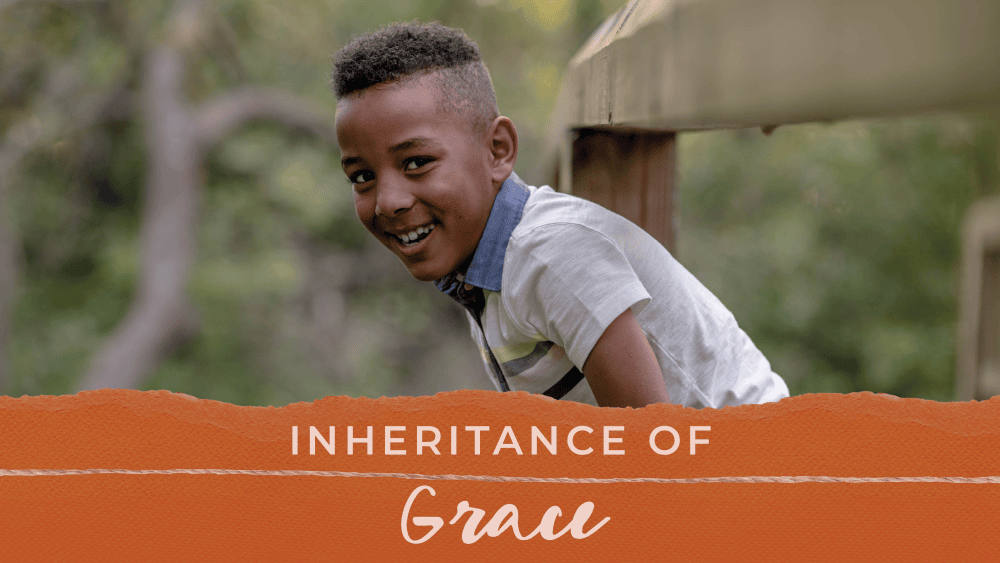WEEK THREE | DAY TWO
“And now I commend you to God and to the message of his grace, a message that is able to build you up and to give you the inheritance among all who are sanctified.” —Acts 20:32
Who will receive the inheritance? Who will be included in the family line? Scripture includes examples of those grafted into the family tree—a foreshadowing of God’s grace extending to centurions, Samaritans and us. Tamar, Rahab, Ruth and Bathsheba—all outsiders—are in Matthew’s genealogy. He could have included only Hebrews, men or prominent Hebrew women. But he chose these with purpose, just as God chooses each with purpose.
“They come every Sunday, they dance and leave,” responded an Oromo man in Ethiopia when asked about a small church in his village. At the time, many churches conducted worship services in Amharic, the national language. Political, economic and social issues hindered the use of Oromo, the primary language of over 33% of Ethiopians. This alienation of ethnic identity was one reason the Good News hadn’t taken deeper root among this least-reached people group.
This was the context Dr. Urgessa Biru faced two decades ago when, responding to God’s call, he returned to his home area to share the Gospel with his own people, the Arsi Oromo. He met with church leaders and challenged them to rethink their approach. Slowly but surely, churches began embracing the vision for worship services in the Oromo language. By God’s grace, Light of Hope Ministry Ethiopia (LOHME) has seen indigenous churches emerge among Arsi Oromo. The LOHME choir’s Ethnomusicology Project, led by Dr. Taliilee Fiqruu, has developed praise music for Christian worship using local melodies and dances. These songs are impacting Oromo people of all faiths. The recently translated Arsi Oromo Bible is now making the Good News widely accessible. By God’s grace, the inheritance has come to the Oromo…and to each of us.


Comments are closed.